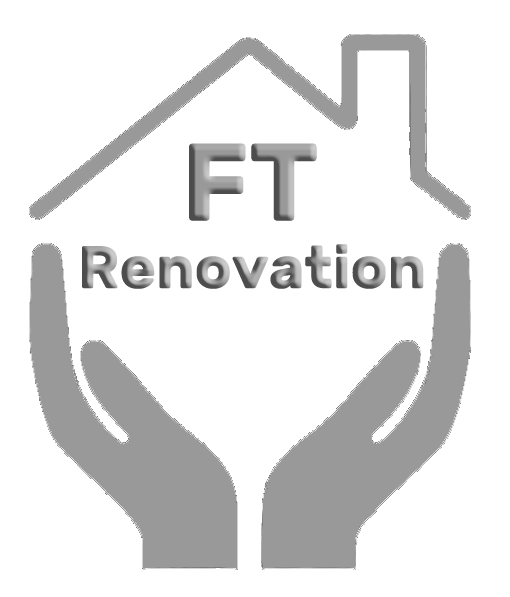When selecting new bathroom accessories, homeowners often consider different types of shower fixtures, such as rainfall heads, handheld showers, and wall-mounted units, to find the perfect combination that suits their personal style and preferences.
However, with so many options available on the market, choosing the right one can be a daunting task. In this post, we’ll delve into the different types of shower fixtures, exploring their features, benefits, and considerations.
Different types of shower fixtures
1. Single-Handle Shower Fixtures
The most common type of shower fixture, single-handle models feature a single lever or handle that controls both water temperature and pressure. These fixtures are often found in standard showers and are a great option for those who prefer simplicity and ease of use.
Pros: Easy to operate, budget-friendly Cons: Limited control over water flow and temperature
2. Dual-Handle Shower Fixtures
Dual-handle shower fixtures offer more flexibility than single-handle models, with separate controls for hot and cold water. This allows users to adjust the temperature and pressure independently, providing a more customized showering experience.
Pros: Greater control over water temperature and pressure Cons: Requires more installation complexity
3. Rain Shower Fixtures
Rain shower fixtures feature a large, overhead showerhead that mimics the sensation of a gentle rain shower. These fixtures are perfect for those who enjoy a spa-like experience at home.
Pros: Luxurious feel, great for relaxation Cons: Often requires more plumbing and installation work
4. Handheld Shower Fixtures
Handheld shower fixtures allow users to direct the water stream exactly where they want it. These fixtures are ideal for those with mobility issues or who prefer a more targeted showering experience.
Pros: Increased flexibility, great for cleaning hard-to-reach areas Cons: Can be messy if not used correctly
5. Shower Heads
Shower heads are individual components that can be installed on existing shower arms. They come in various shapes and sizes, offering different water flow patterns and massage settings.
Pros: Easy to install, wide range of options available Cons: May require frequent cleaning to maintain performance
6. Body Sprays
Body sprays are small jets of water that can be installed along the shower walls or ceiling. These fixtures provide a soothing, massaging effect on the body.
Pros: Relaxing and rejuvenating experience Cons: Requires additional plumbing and installation work
7. Digital Shower Fixtures
Digital shower fixtures feature advanced technology, allowing users to control temperature, pressure, and even lighting with the touch of a button.
Pros: High-tech features, customizable settings Cons: Often more expensive than traditional fixtures
8. Wall-Mounted Shower Fixtures
Wall-mounted shower fixtures eliminate the need for a shower arm or head, instead featuring a sleek, minimalist design that adds visual appeal to any bathroom.
Pros: Space-saving design, modern aesthetic Cons: May require additional installation work and plumbing
When choosing a shower fixture, consider factors such as:
- Water pressure and flow rate
- Temperature control (if you prefer a specific temperature or like it hot and cold)
- Ease of use and operation
- Durability and resistance to mineral buildup
- Aesthetics and design preferences
- Budget constraints
By understanding the different types of shower fixtures available, you’ll be better equipped to make an informed decision when selecting the perfect one for your bathroom. Whether you’re looking for luxury, ease of use, or simply a great way to start your day, there’s a shower fixture out there that’s sure to meet your needs.


Leave a Reply